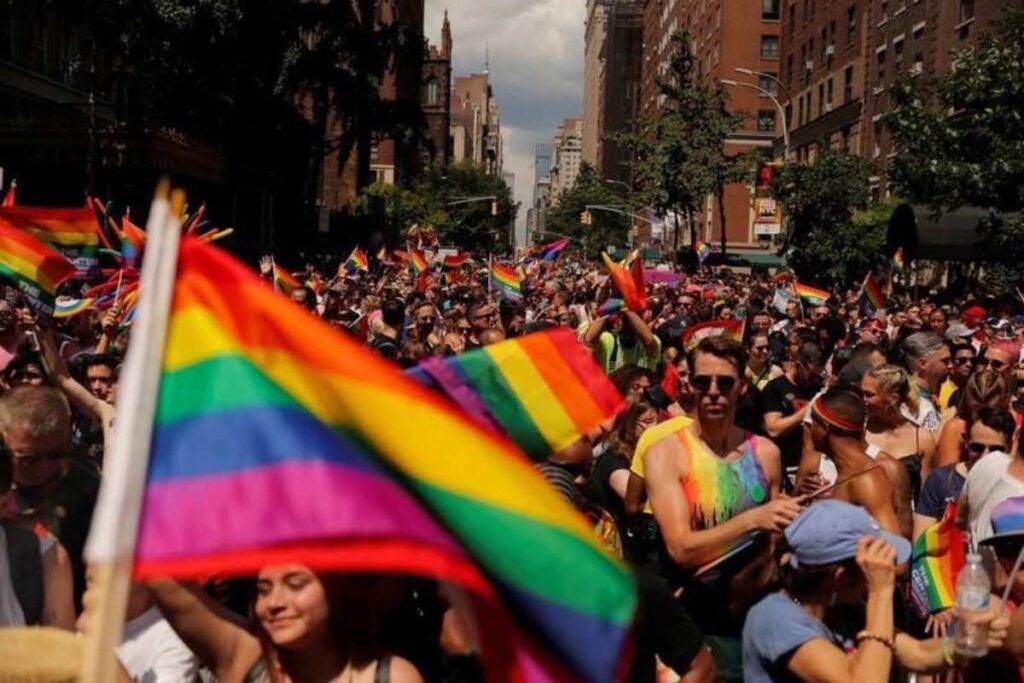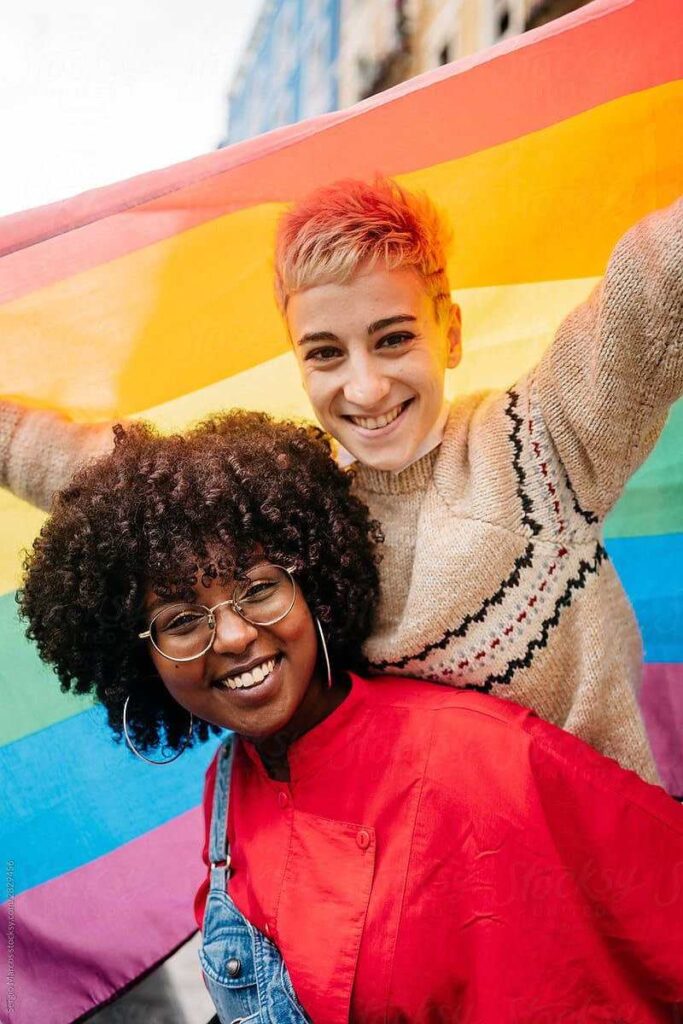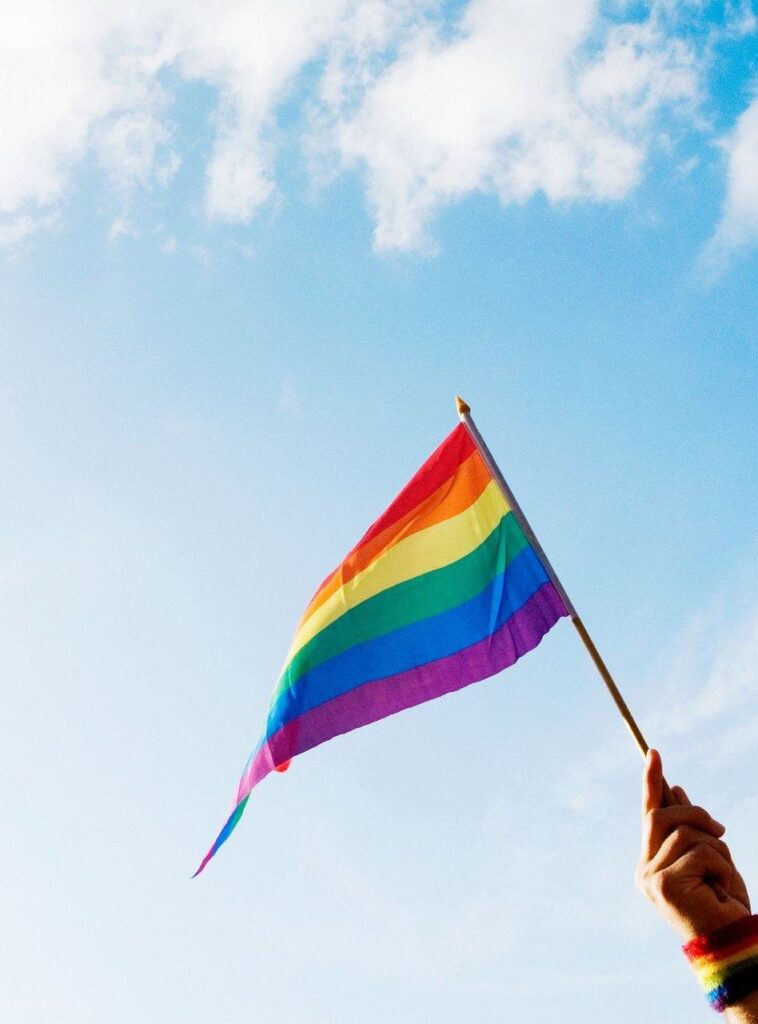
The discrimination against LGBT adults reportedly extends to the doctor’s office. According to a Kaiser Family Foundation (KFF) survey, these negative experiences have led many to change their healthcare and behavior.
This highlights the importance of creating inclusive and supportive environments in all aspects of life, including healthcare. The survey by KFF reveals that a significant number of LGBT adults, about a third, have experienced unfair or disrespectful treatment from healthcare providers.
In comparison, only about 15% of non-LGBT adults reported similar experiences. This disparity highlights the need for greater awareness and efforts to ensure that everyone, regardless of their sexual orientation, receives fair and respectful healthcare.
LQBT Adults Experience Negative Interactions During Healthcare Visits
According to the survey, LGBT adults are more likely to experience negative interactions during healthcare visits. They are over twice as likely to have providers make assumptions about them (40%).

Also, many will encounter those who suggest personal blame for a health problem (32%) or ignore their requests or questions (32%). In comparison, less than 20% of non-LGBT adults reported experiencing these same interactions.
ALSO READ: Some Countries With Strict Anti-LGBTQ+ Laws
Consequences From the Negative Healthcare Experience
The survey found that the consequences resulting from these negative healthcare experiences are more than twice as common among LGBT adults. About a quarter of LGBT adults reported that a recent healthcare experience caused their health to worsen, compared to less than 10% of other adults.
Additionally, more than a third of LGBT adults said they’ve become less likely to seek healthcare or have switched providers. This is compared to about 15% of other adults. Discrimination is a persistent issue for LGBT adults in their daily lives.
Furthermore, the survey reveals that across different demographics, LGBT adults are consistently more likely to experience discrimination. This occurs at least a few times a year compared to non-LGBT adults.
However, among LGBT adults, negative experiences are more prevalent among those who are younger, women, and have lower incomes.
POLL—Should Abortion Be Legal in Most Cases?
KFF President Expresses Concern Regarding the Disparity
Drew Altman, the CEO and president of KFF, expressed his concern over the significant disparity in how LGBT adults are treated by the healthcare system compared to non-LGBT adults.
He emphasized that there is no valid reason for twice as many LGBT adults to report being treated poorly. Altman called for health professionals and healthcare institutions to examine these data and reflect on their practices carefully.
“There is no good reason twice as many LGBT adults should be reporting being treated poorly by the health system compared to non-LGBT adults,” Drew Altman, CEO and president of KFF, said in a statement. “Health professionals and health care institutions need to take a hard look at these data and themselves.”
The Survey Points That Some Prioritize Inclusivity and Provide Quality Care to LGBT Individuals
While negative experiences at the doctor’s office are more common for LGBT adults, it is important to note that they are not the norm. According to the survey, most LGBT adults have also had positive and respectful interactions in recent years.

At least 7 out of 10 LGBT adults reported that healthcare providers involved them in decisions about their care. They spent enough time with them during their visits and understood and respected their cultural values and beliefs.
It’s encouraging to see that there are healthcare providers who prioritize inclusivity and provide quality care to LGBT individuals. Still, the KFF survey revealed that over half of LGBT adults feel the need to be “very careful about their appearance to be treated fairly” during healthcare visits, compared to about a third of non-LGBT adults.
Additionally, more than a third of LGBT adults (38%) say they try to prepare for possible insults from healthcare providers or their staff. The survey also found that LGBT adults are less comfortable asking questions during these visits.
ALSO READ: New Data Shows Percentage of LGBTQ in the US and Which States Have the Most
KFF Addresses Barriers to Mental Healthcare Among the LGBT
The KFF report suggests that mental health challenges are more prevalent among LGBT adults, possibly due to increased experiences with discrimination and negative interactions. LGBT adults are more than twice as likely as non-LGBT adults to report not receiving the necessary mental health services in the past year.
The researchers at KFF wrote in their report that the findings from this survey highlight and deepen our understanding of the ongoing difficulties faced by LGBT adults in the United States.
These challenges include experiences with stigma and discrimination, as well as poorer mental health outcomes compared to their non-LGBT peers. It’s essential to recognize that these factors are interconnected.
Experiences of stigma and discrimination can contribute to mental health challenges. This is especially true in a climate where LGBTQ rights and access to social institutions, including healthcare, have been questioned and politicized.
The report’s findings were derived from a survey of over 6,000 adults in the United States. Approximately 500 of these participants self-identified as LGBT. The survey took place between June and August 2023 and focused on participants’ experiences with healthcare providers within the past three years.
You Might Also Like:
10 Movies Nobody Should Ever Watch
Laid-Off Tesla Worker Recounts Moving Across the Country for Job Six Months Ago
Fluoride Ban in Drinking Water Divides Communities Across the US
Single Parent Wins $1 Million After Buying Spur-of-the-Moment Lottery Ticket While Getting Salad
Scientists Discover Large Water Reserve in Gigantic Black Hole a Billion Times Bigger Than the Sun
